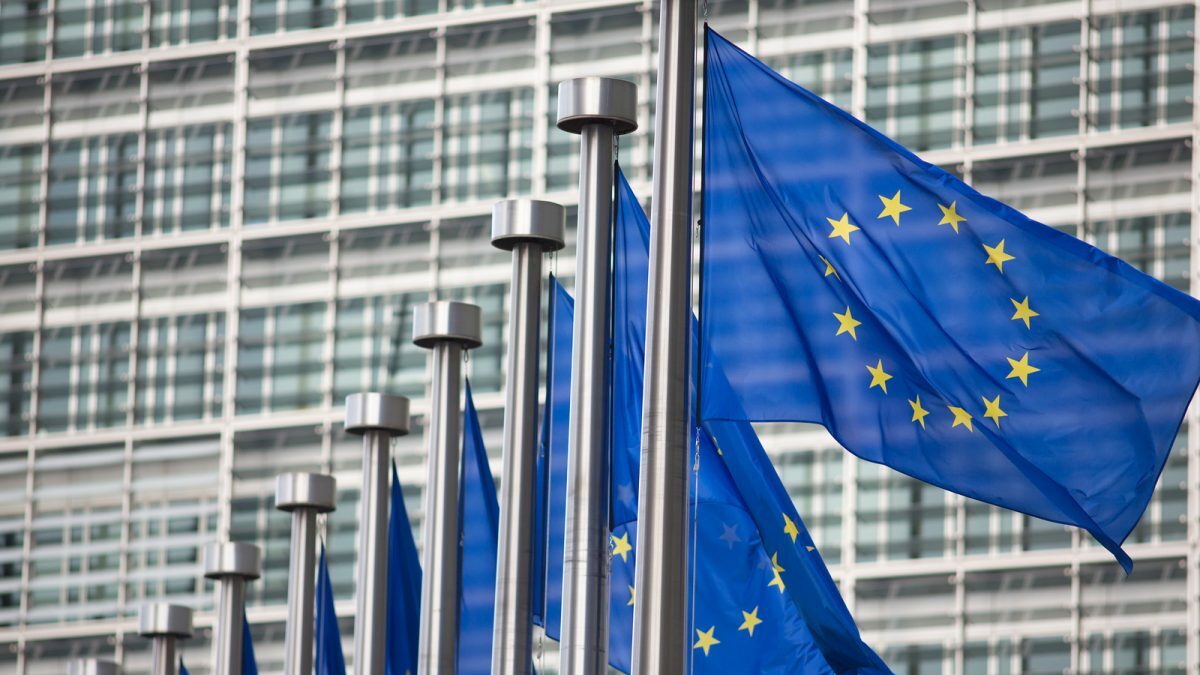According to a new report, Apple has taken a stance asserting that iMessage should not be classified as a gatekeeper service under the European Union’s Digital Markets Act (DMA) regulation. This move has prompted discussions about the role of iMessage in the digital landscape and its potential implications for Apple’s future in the EU market.

EU could force Apple to disclose how many iMessage users it has in Europe
The DMA was proposed in 2020 to tackle the monopolistic power of large online platforms, ensuring fair competition and consumer choice. One key aspect of this regulation is the classification of gatekeeper services, which are subject to stringent rules. To qualify as a gatekeeper, a service must have more than 45 million monthly active users in the EU, along with significant financial metrics such as an annual EU turnover exceeding 7.5 billion euros or a market capitalization in excess of 75 billion euros.
Apple’s claim hinges on whether iMessage has over 45 million users in Europe. While there are over 1 billion iPhones in use worldwide, Apple has not publicly disclosed regional user numbers for iMessage. This has left room for debate, especially when considering the dominance of competing messaging apps like WhatsApp in Europe. However, given the iPhone’s significant market share in Europe, it’s likely that iMessage boasts a substantial user base.
If iMessage were classified as a gatekeeper service under the DMA, Apple would be required to open it up to third-party messaging services. However, the specifics of how this would be implemented remain uncertain. Apple’s engineers are already working on compliance measures, including support for alternative app stores and side-loading functionality.

The first list of gatekeeper services, expected to be published soon, will likely include Apple’s App Store. This could potentially pave the way for alternative app stores and more freedom for users to install apps on their iPhones. Should iMessage remain outside this list, the European Commission may initiate a follow-up investigation to compel Apple to disclose user metrics.
In related news, Apple is opposing amendments to the UK’s Investigatory Powers Act (IPA) that threaten user privacy and data security. These changes would empower the British Home Office to compromise tech company security and privacy, including demanding product security updates and disabling features without oversight.
Apple strongly opposes these measures, stating that it cannot risk global user security for one country’s demands. The tech giant may withdraw services like FaceTime and iMessage in the UK if the amendments proceed. WhatsApp and Signal also oppose the IPA changes, with Signal even considering ceasing its services in the UK if required to scan encrypted messages for illegal content.
(via Financial Times)